There’s nothing better than a fresh salad with crisp lettuce and juicy tomatoes. But, if you don’t store your produce properly, those ingredients will go bad quickly. Here are some tips and tricks for storing produce so it stays as fresh as possible:
Store produce away from light.
The best way to store fresh fruits and vegetables is in a cool, dark place. Refrigerate your produce as soon as you get home from the grocery store.
- Store on the bottom shelf of the refrigerator. This allows for optimal airflow through the refrigerator, which helps maintain healthy bacteria levels in fruits and vegetables.
- Store fruit in its original plastic bag or container (assuming it has holes). Never wash fruit until just before eating it; any moisture can cause moldy patches on your fruit!
Keep fruits and vegetables separate.
The best way to store fruits and vegetables is in separate bins.
Fruits and vegetables emit ethylene gas, which can cause them to ripen faster—and at different rates. For example, apples emit a lot of ethylene, so you should keep them away from tomatoes, strawberries, and bananas (as they’re all more susceptible to ripening).
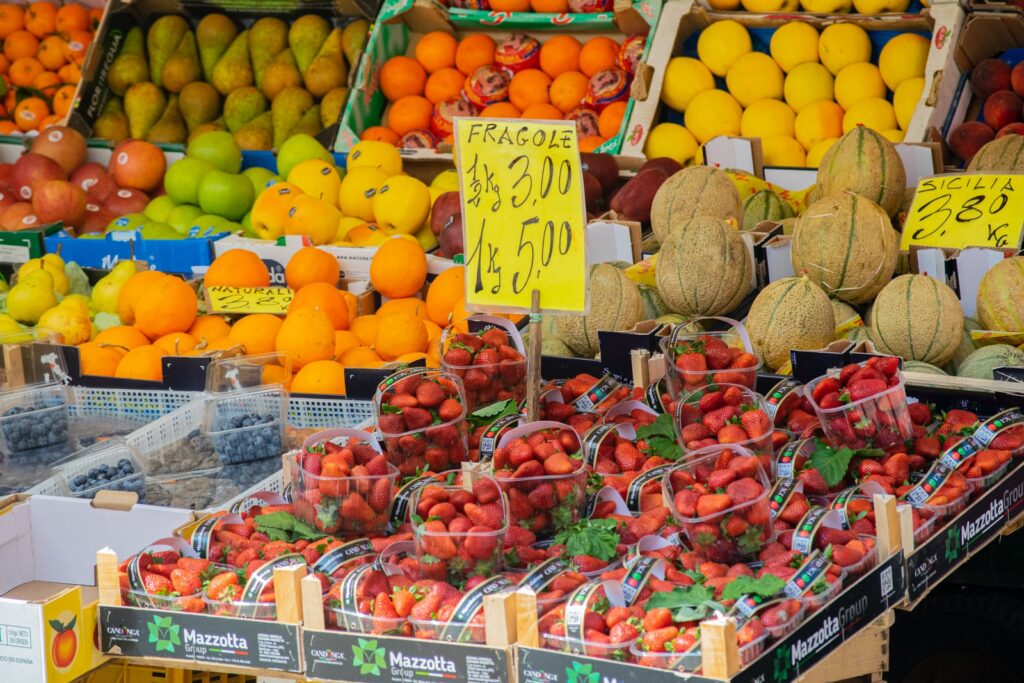
Buy only what you will eat and use within a week’s time.
- Buy only what you will eat and use within a week’s time.
- Remember that fruits and vegetables go bad quickly, so plan accordingly.
Store fresh herbs in water, like flowers.
Store fresh herbs in water, like flowers. The best way to keep them lasting longer is by keeping them submerged in water (like you would for flowers) and storing them in a cool, dark place. If you have an empty glass vase that’s not being used or if you have an old plastic jar or container with a lid, fill it up with water and place your fresh herbs inside. Keep it on the countertop and use it as needed—just remember to drain it before using!
Fresh fruits and vegetables can be kept at their freshest with a few simple tips and tricks for storage.
- Store them in a cool, dark place.
- Put them in the fridge or freezer.
- Keep fruits and vegetables separate from each other (and from other foods) while they’re in storage, to prevent their flavors from mingling or seeping into each other’s containers (this is especially important with the stronger-tasting fruits like kiwis).
- Buy only what you will eat and use within a week’s time—otherwise, it will go bad faster than you can use it! And never put fruit on top of vegetables; this will cause the vegetables to spoil much more quickly than they would otherwise. If you’re planning on storing fresh herbs for longer than that, then keep them in water (like flowers).
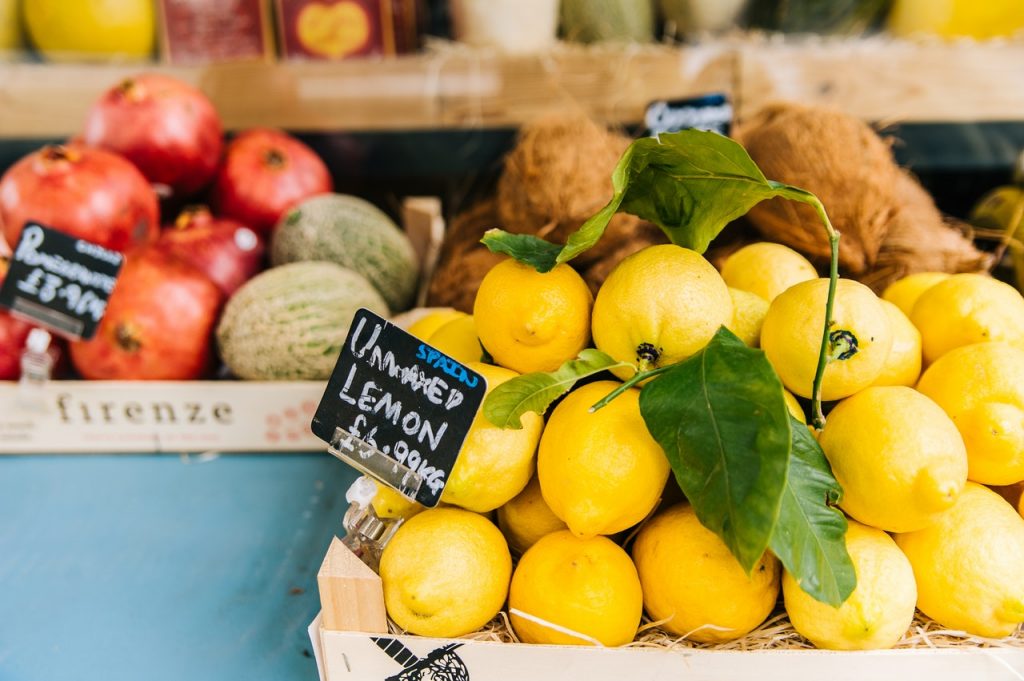
Conclusion
I hope this article has helped you to better understand how best to store fresh fruits and vegetables at home. In the beginning, it might take some time to get used to these tips, but once they become second nature they will save you a lot of time and money!

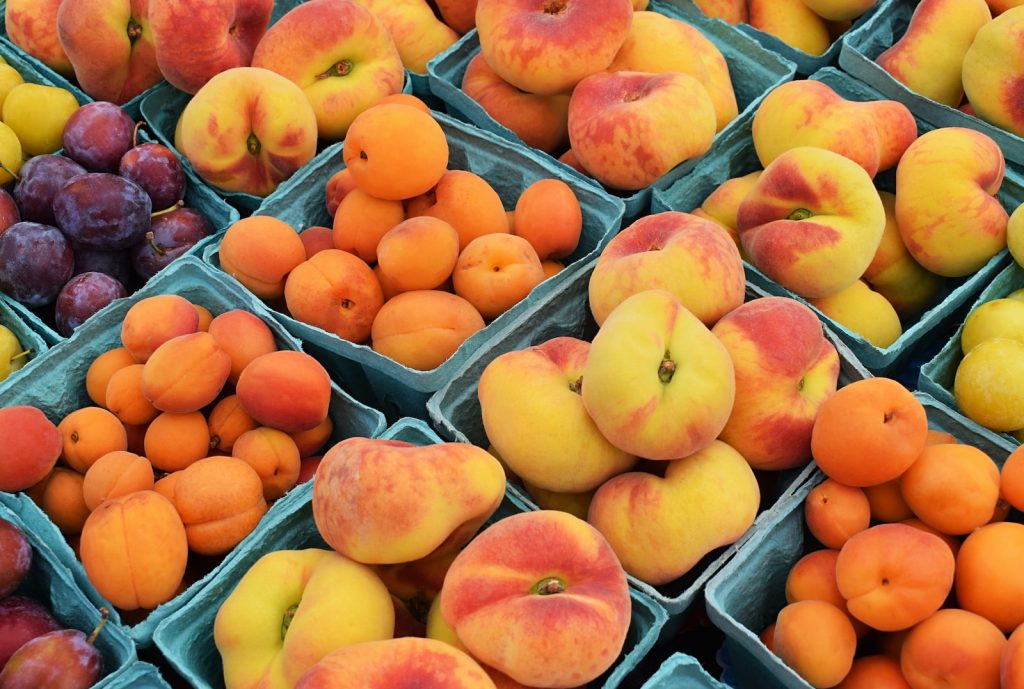
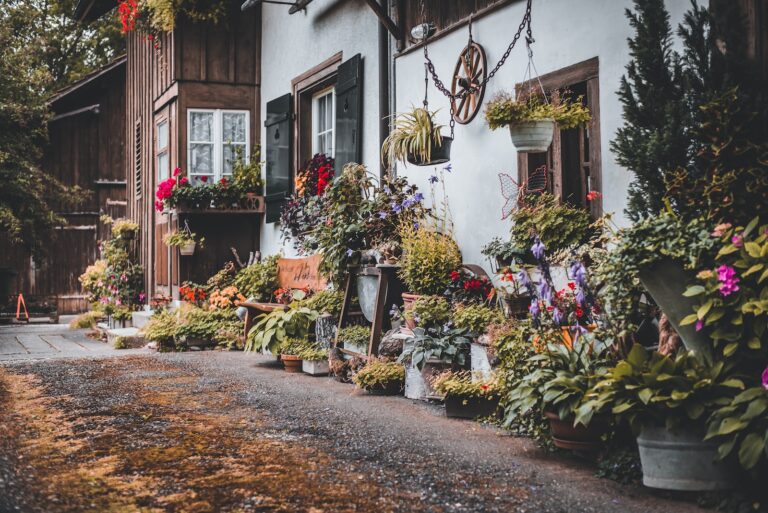
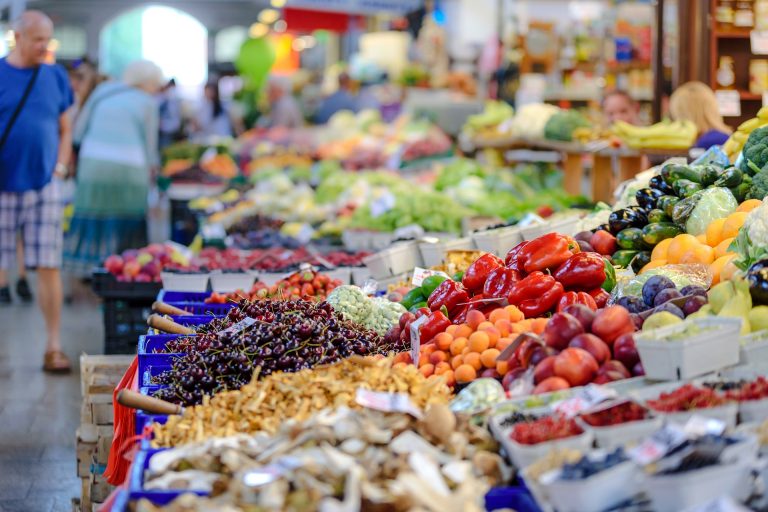
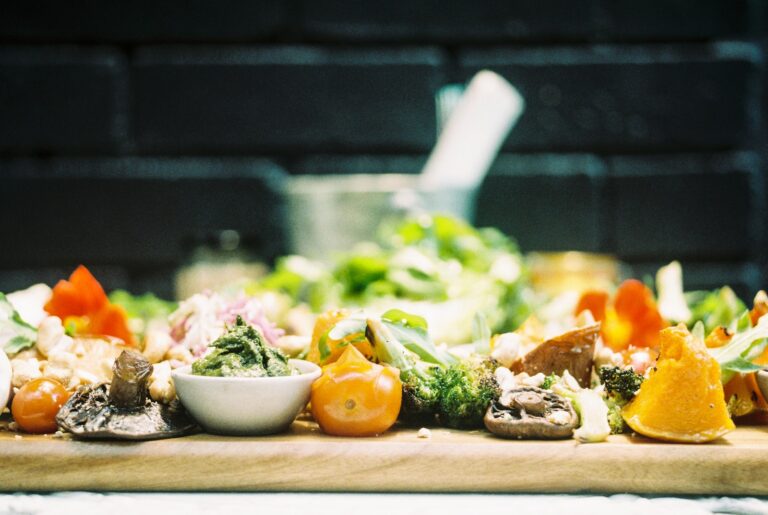
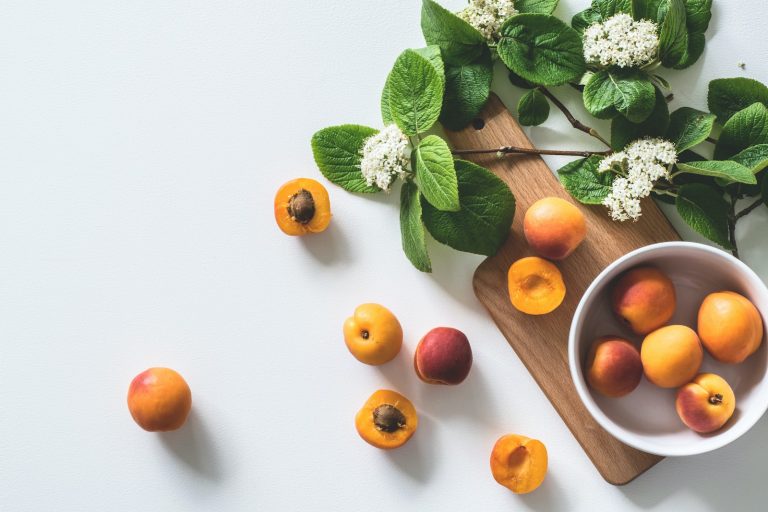
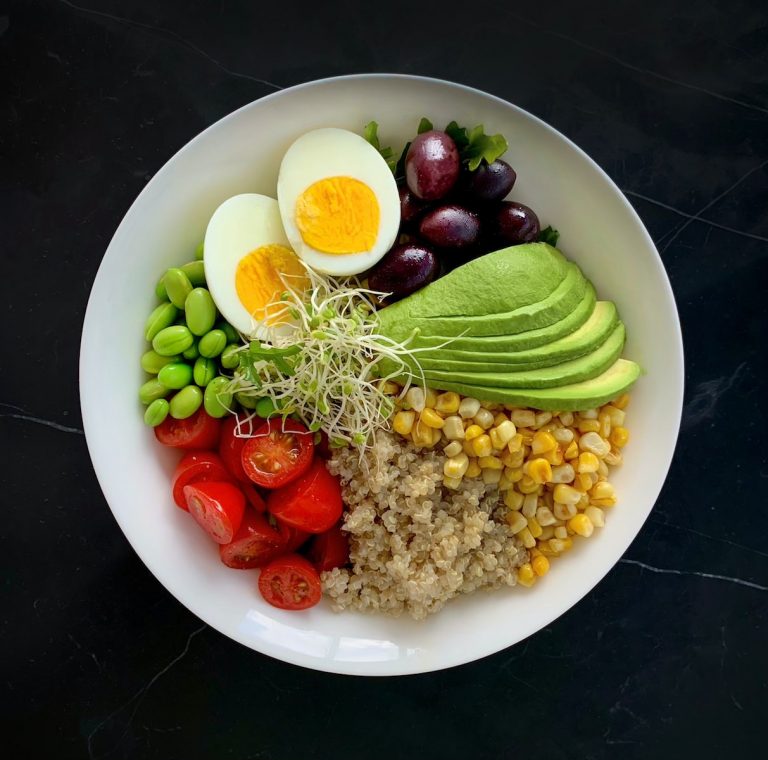
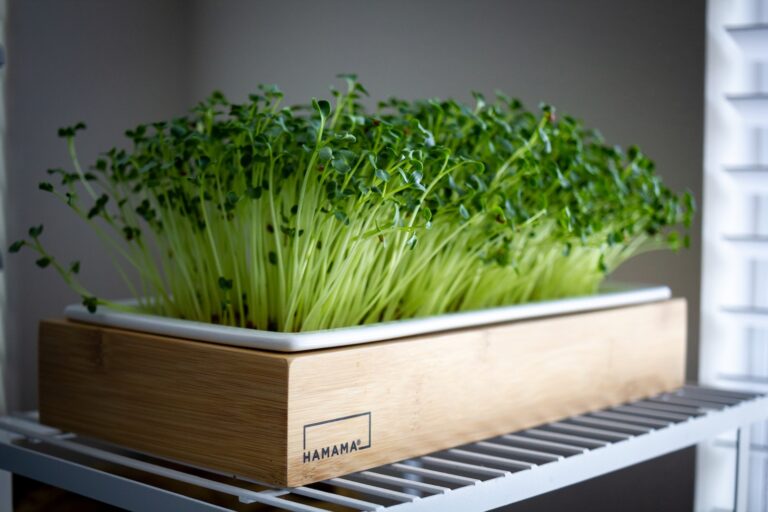
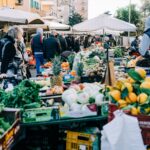
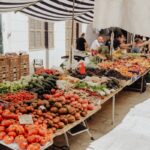

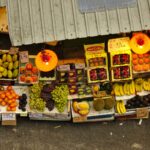
[…] contain more antioxidants than any other fruit or vegetable on Earth—and some studies show that these bright blue-red delights can help protect against heart […]